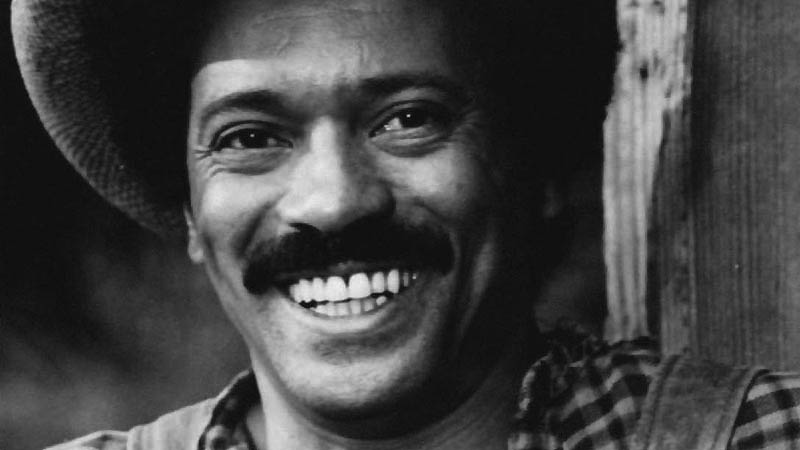
Sometimes it was hard to separate Dick Anthony Williams the man from the characters he inhabited, especially when he portrayed slick urban hustlers or powerful ghetto-based leaders such as Malcolm X. Williams, 77, died Thursday at Valley Presbyterian Hospital in Van Nuys, Calif.
According to a family friend, Samantha Wheeler, Williams passed after a long illness. No cause was given for his death.
A tall, handsome man possessed of great charm and sophistication, Williams earned his most enduring accolades on the stage. It was his role as a pimp in Ron Milner’s “What the Wine-Sellers Buy” that brought him immediate fame and recognition in 1974.
The play, based in Milner’s hometown of Detroit, was the first African-American play produced by Joseph Papp’s New York Shakespeare Festival.
Williams won a Drama Desk Award and a Tony nomination for the role, but he seemed mindful of possible typecasting, since he had played a similar role the year before in Max Julien’s film “The Mack.”
But the trend was convincingly reversed by the late ’70s, most notably by his portrayal of Malcolm X in the NBC miniseries “King,” where he performed opposite Paul Winfield in the title role, and as Malcolm in Jeff Stetson’s “The Meeting,” which depicted a fictional meeting between the two great freedom fighters.
Meanwhile, Williams never lost his touch and commitment to Black theater. The best evidence of this was his collaboration with Woodie King Jr. in the founding of the New Federal Theater (NFT) in the early ’70s, where he also conducted acting workshops.
“Yes, he was a co-founder of the New Federal Theater with me, but he was also a versatile and prolific actor,” King said last Thursday evening at Trump Place, where he was being saluted for his naming to the American Theater Hall of Fame. “He could play any role, even the most villainous, and you’d end up loving his humanity.”
Born on the South Side of Chicago on Aug. 9, 1934, Williams contracted polio as a child and spent four years in an iron lung. Being confined had its amenities, he said later. “I ate well and I was safe,” he told the Chicago Tribune.
His love for the stage and performing began when he became a member of the Williams Brothers Quartet. Later, after moving to Los Angeles, he starred in Joseph Dolan Tuotti’s “Big Time Buck White,” which he also directed.
When the show was performed in New York in 1968, Clive Barnes of the New York Times praised it, singling out Williams’ portrayal and his impact on the ensemble around him.
Two years later, he and King founded NFT, and for several years, Williams, despite a number of roles on stage and film, taught workshops there.
But it was his astounding role in Milner’s play that won him accolades and brought him to the attention of filmmakers. Soon, he was a pivotal figure in the emerging blaxploitation films, which did not overshadow his prowess on the stage.
Exemplary of this prowess was his portrayal of Malcolm X in Stetson’s “The Meeting,” and none more commanding than the 1988 version broadcast on PBS.
In the estimation of noted film and television critic Donald Bogle, Williams “gives Malcolm just the right tough, virile, urban touch. We can believe that this man, once a big-time hustler, understands the pain of the disenfranchised and the desperate.”
The early ’90s found him continuing in the television medium that kept him busy through the ’80s, particularly as a regular on “Homefront,” an ABC series. Many of his fans welcomed his presence in Spike Lee’s “Mo’ Better Blues.”
“Dick was a consummate actor and a real pioneer in Black theater,” said Cliff Frazier, chairman of the NFT board of directors. “He will be sorely missed.”
Williams is survived by two daughters, Mona and Mikah, and a son, Jason. His wife, the actress Gloria Edwards, died in 1988.
